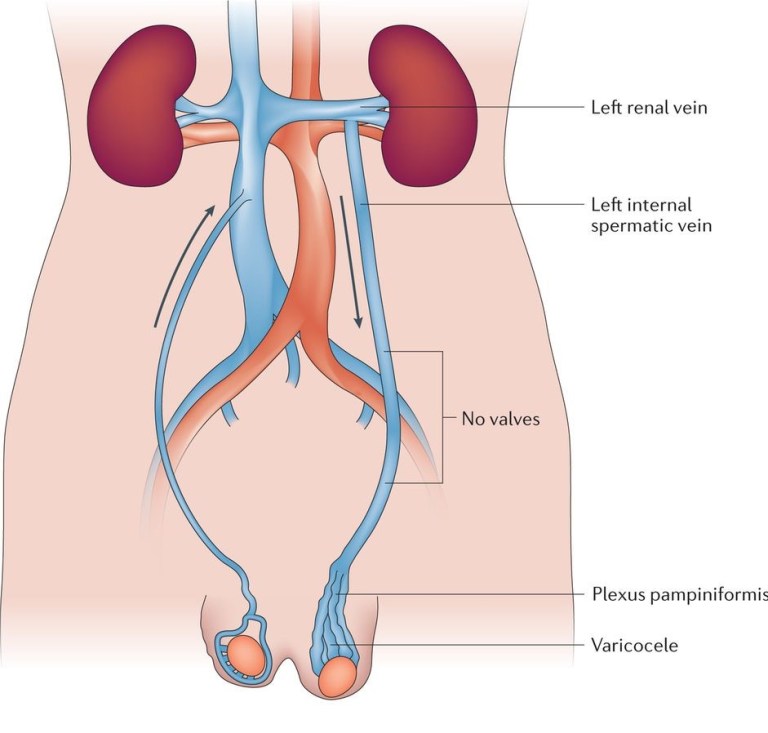Pancreatic infections can be life-threatening if left untreated. The pancreas plays a crucial role in digestion and blood sugar regulation, making its health essential. Understanding the symptoms, causes, and available treatments for pancreatic infections enables early detection and effective management.
Understanding Pancreatic Infections
A pancreatic infection typically arises as a complication of pancreatitis, which occurs when digestive enzymes activate within the pancreas instead of the intestines. This leads to inflammation, tissue damage, and, in severe cases, infection. Pancreatic infections can develop quickly or persist over time, requiring prompt medical intervention.
Symptoms of a Pancreatic Infection
The symptoms of a pancreatic infection can vary in severity. Key indicators include:
- Severe Abdominal Pain – Often radiates to the back and worsens after eating.
- Fever and Chills – A common sign of an ongoing infection.
- Nausea and Vomiting – May indicate inflammation and infection.
- Swelling and Tenderness in the Abdomen – Can signal an abscess or infected pancreatic fluid collection.
- Jaundice – Yellowing of the skin and eyes caused by bile duct obstruction.
- Rapid Heart Rate and Low Blood Pressure – Severe cases may lead to systemic infection and sepsis.
Recognising these symptoms early and seeking timely medical care is crucial to prevent complications.
Causes and Risk Factors
Pancreatic infections usually stem from pancreatitis, which can be caused by:
- Gallstones – Can obstruct the pancreatic duct, leading to inflammation and infection.
- Chronic Alcohol Consumption – A primary cause of recurrent pancreatitis.
- High Triglyceride Levels – May contribute to pancreatic inflammation.
- Post-Surgical Infections – Certain medical procedures can trigger infections.
- Trauma to the Abdomen – Injury can damage the pancreas, leading to infection.
- Weakened Immune System – Conditions like diabetes increase susceptibility to infections.
Identifying and managing these risk factors can reduce the likelihood of developing a pancreatic infection.
Treatment Options for Pancreatic Infections
Effective pancreas infection treatment depends on the severity of the infection and underlying causes. Common approaches include:
1. Medical Management
- Antibiotics – Essential in cases of bacterial infection.
- Pain Management – Strong pain relievers may be necessary.
- Intravenous Fluids – Maintains hydration and organ function.
- Nutritional Support – Specialised diets may be required to reduce pancreatic stress.
2. Minimally Invasive Procedures
- Endoscopic Drainage – Used to remove infected fluid collections.
- Percutaneous Catheter Drainage – A less invasive technique for draining abscesses.
3. Surgical Interventions
- Necrosectomy – Removes dead or infected pancreatic tissue.
- Gallbladder Removal (Cholecystectomy) – Performed if gallstones are the cause.
Access to specialised medical care is crucial for severe pancreatic infections, with hospitals equipped to handle complex cases efficiently.
Long-Term Care and Recovery
Managing pancreatic infections goes beyond immediate pancreas infection treatment. Long-term care is essential to prevent recurrence and maintain overall pancreatic health.
- Regular Monitoring – Routine check-ups help detect any signs of infection or complications early.
- Dietary Adjustments – Patients should follow a low-fat, nutrient-rich diet to support digestion and reduce strain on the pancreas.
- Alcohol and Smoking Cessation – Eliminating alcohol and tobacco is crucial for preventing further damage.
- Exercise and Weight Management – Maintaining a healthy weight helps prevent gallstones and triglyceride-related pancreatitis.
Preventing Pancreatic Infections
Although not all cases can be prevented, adopting these measures can reduce risk:
- Limit Alcohol Consumption – Chronic alcohol use increases the likelihood of pancreatitis.
- Maintain a Healthy Diet – A balanced diet supports pancreatic health.
- Manage Underlying Conditions – Control diabetes and triglyceride levels.
- Avoid Smoking – Smoking is a known risk factor for pancreatic disease.
- Stay Hydrated – Proper hydration helps maintain metabolic function.
The Role of Expert Help in Treating Pancreatic Infections
Seeking timely medical assistance is critical when dealing with pancreatic infections. Specialised healthcare facilities provide comprehensive care with multidisciplinary teams focusing on accurate diagnosis and effective treatment. Hospitals like Nanavati Max Super Speciality Hospital are known for their advanced treatment options, ensuring optimal patient outcomes.
Patients experiencing severe symptoms such as unbearable abdominal pain, persistent vomiting, or fever should consult a healthcare professional immediately. Early intervention significantly improves recovery chances and minimises complications.
Conclusion
Pancreatic infections require swift medical attention. By understanding symptoms, causes, and treatment options, patients and caregivers can take proactive steps towards managing pancreatic health effectively. Early diagnosis and treatment significantly improve recovery chances and prevent complications.










